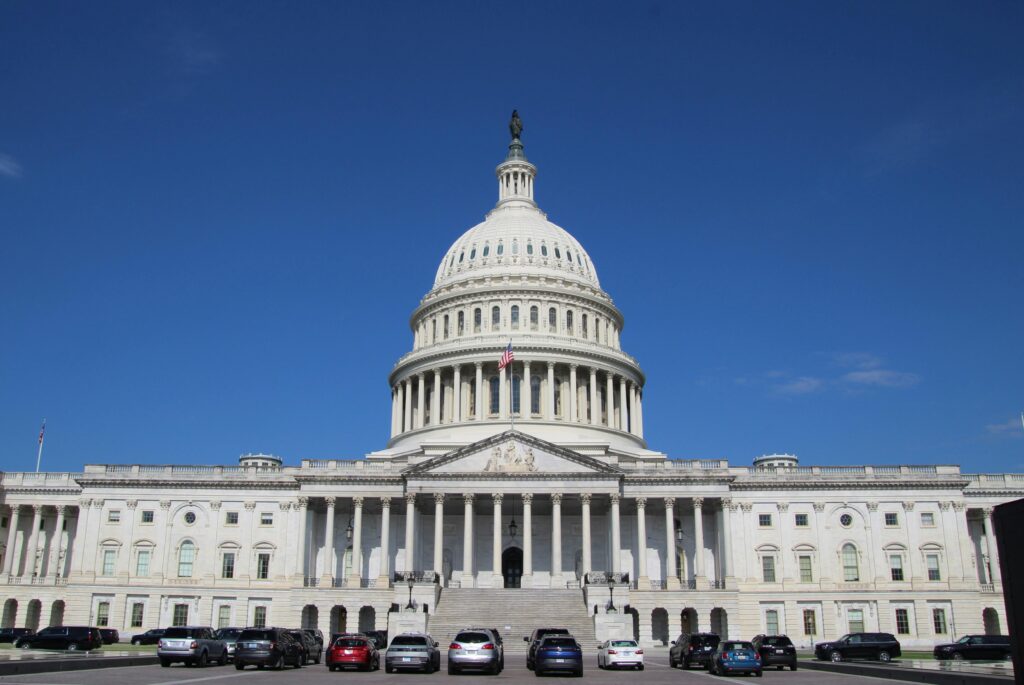Ever felt the cold sweat of panic when you realized your credit card was denied while traveling abroad? Now imagine that same sinking feeling—but amplified by political instability. It happens more often than you’d think. In fact, over 40% of businesses operating globally face some form of political risk annually. And guess what? Your personal finances aren’t immune either. Today, we’re diving into crisis response protocols, specifically tailored to navigating political risk insurance (PRI) as a savvy credit card user.
In this post, you’ll learn how PRI works, actionable steps to implement crisis response protocols, tips for leveraging PRI effectively, and real-world examples that prove it’s not just corporate jargon—it’s essential knowledge.
Table of Contents
- What Is Political Risk Insurance?
- Why Crisis Response Matters for Credit Card Users
- Step-by-Step Guide to Creating Your Own Crisis Response Plan
- Tips & Best Practices for Managing Political Risk
- Real-World Examples of Effective PRI Use
- FAQs About Political Risk Insurance and Crisis Response Protocols
Key Takeaways
- Political Risk Insurance (PRI) protects against unexpected geopolitical disruptions affecting financial transactions.
- Clear crisis response protocols help mitigate stress and financial loss during emergencies.
- Your credit card issuer may offer PRI benefits—check your policy!
- Understanding PRI empowers smarter decisions about international spending.
What Is Political Risk Insurance?
Let me confess something embarrassing: once, I booked an overseas trip without checking if my credit card had travel protections. Cue the chaos when a sudden government shutdown stranded me in a foreign country with no access to funds! That’s where political risk insurance comes in—a lifeline for situations like these.
PRI safeguards individuals and businesses from losses caused by political events such as war, terrorism, currency inconvertibility, or even expropriation. For credit card users, PRI can cover transaction freezes, blocked payments, or unrecoverable debts due to political turmoil.

Fig. 1: Types of risks covered under Political Risk Insurance (PRI).
Why Crisis Response Matters for Credit Card Users
Optimist You: “Crisis response protocols sound complicated.”
Grumpy Me: “Ugh, fine—but only if coffee’s involved!”
Here’s the reality: geopolitical crises don’t wait for you to get organized. Without a plan, you’re left scrambling—and possibly hemorrhaging money. Imagine being stuck in a volatile region with your card frozen because local governments have imposed capital controls. Sounds like your laptop fan during a 4K render—whirrrr.
A solid crisis response protocol ensures you know exactly who to call, which documents to prepare, and how to recover quickly.
Step-by-Step Guide to Creating Your Own Crisis Response Plan
- Review Your Coverage: Check if your credit card issuer offers PRI benefits. Some premium cards include it!
- Contact Your Issuer: Save their emergency hotline number. Seriously, write it down now.
- Document Everything: Keep digital copies of receipts, IDs, and relevant paperwork stored securely online.
- Set Up Alerts: Enable notifications for suspicious activity on your account.
- Create an Emergency Fund: Have cash reserves in multiple currencies just in case.

Fig. 2: Flowchart outlining steps for setting up crisis response protocols.
Tips & Best Practices for Managing Political Risk
- Monitor News Regularly: Stay informed about global hotspots before traveling.
- Diversify Payment Methods: Don’t rely solely on one card; carry backup options.
- Use Trusted Platforms: Stick to reputable booking services and airlines tied to secure payment gateways.
- Avoid High-Risk Areas: Sometimes staying safe means avoiding certain destinations altogether.
Pro Tip (or Terrible Tip?): Thinking “I’ll figure it out later” is the worst advice ever. Geopolitical crises move fast; procrastination equals disaster.
Real-World Examples of Effective PRI Use
Rant time: Why do people ignore PRI until it’s too late? I’ve seen countless stories of travelers losing thousands because they didn’t bother reading the fine print on their policies.
Take Sarah, for example. She was traveling through Southeast Asia when sudden economic sanctions froze her ability to pay via credit card. Thankfully, she’d opted for PRI through her premium card issuer. Within days, her provider reimbursed her expenses and facilitated alternative payment methods. Chef’s kiss for preparedness.

Fig. 3: Sarah’s story highlights the importance of PRI coverage.
FAQs About Political Risk Insurance and Crisis Response Protocols
- Is PRI included in all credit cards?
- No, it’s typically offered with premium cards. Always check your terms and conditions.
- Can I purchase stand-alone PRI?
- Yes, though it’s usually geared toward businesses. Individuals might need specialized providers.
- How quickly are claims processed?
- This varies by provider but having clear documentation speeds things up significantly.
Conclusion
We’ve covered everything from understanding PRI to implementing your own crisis response protocols. Remember, preparation isn’t paranoia—it’s smart financial planning. Whether it’s saving those hotline numbers or reviewing your PRI coverage, small actions today can save big headaches tomorrow.
And hey, since we’re wrapping up here, let me leave you with a little piece of wisdom à la Tamagotchi logic:
Like pixels on a Game Boy screen, Your plans must be crystal clean. When storms hit hard without warning, PRI keeps your finances warm and cozy.


